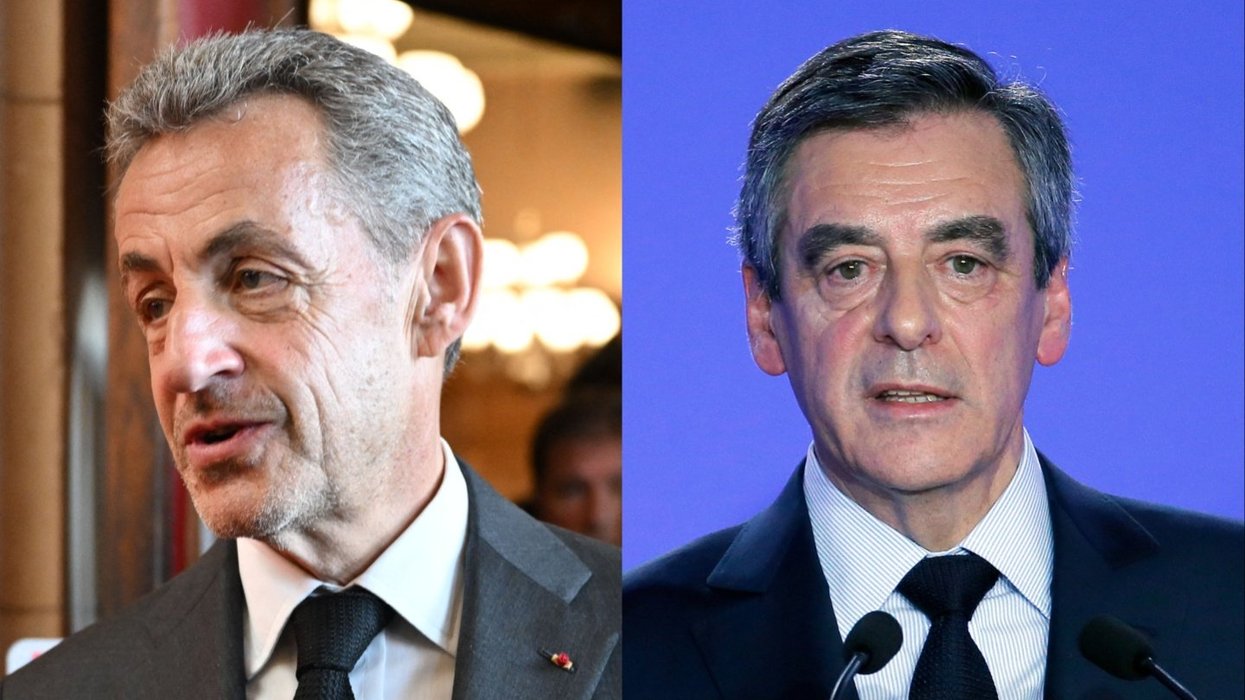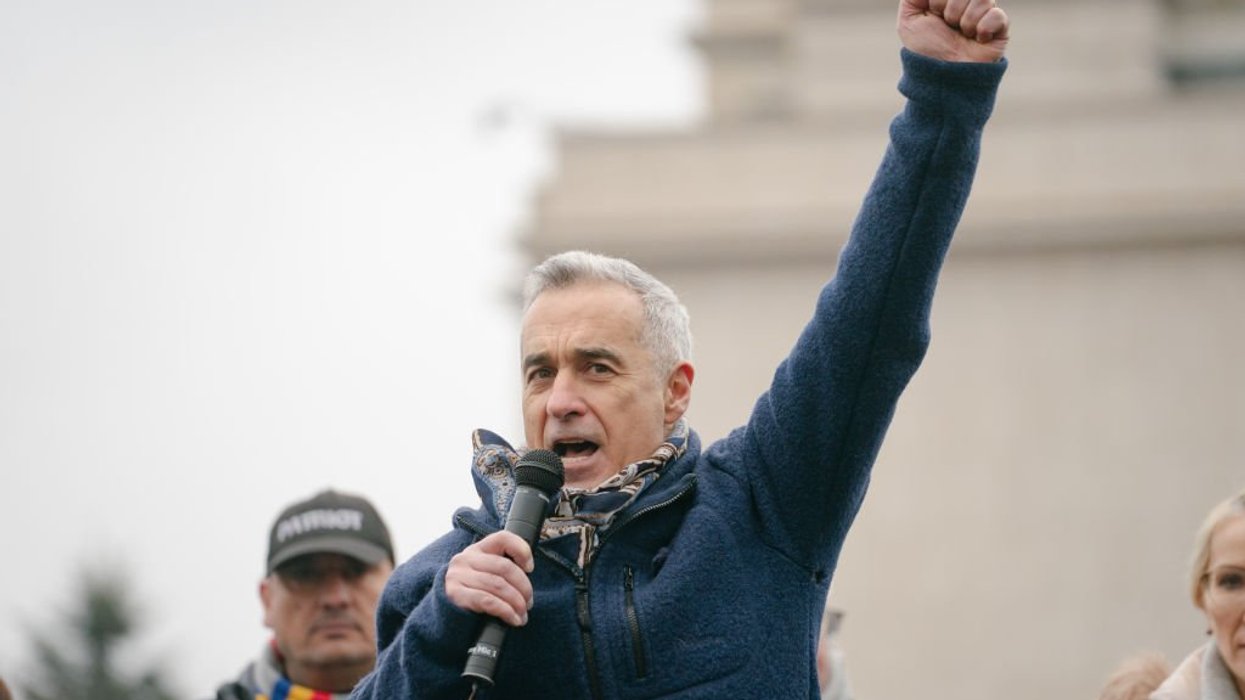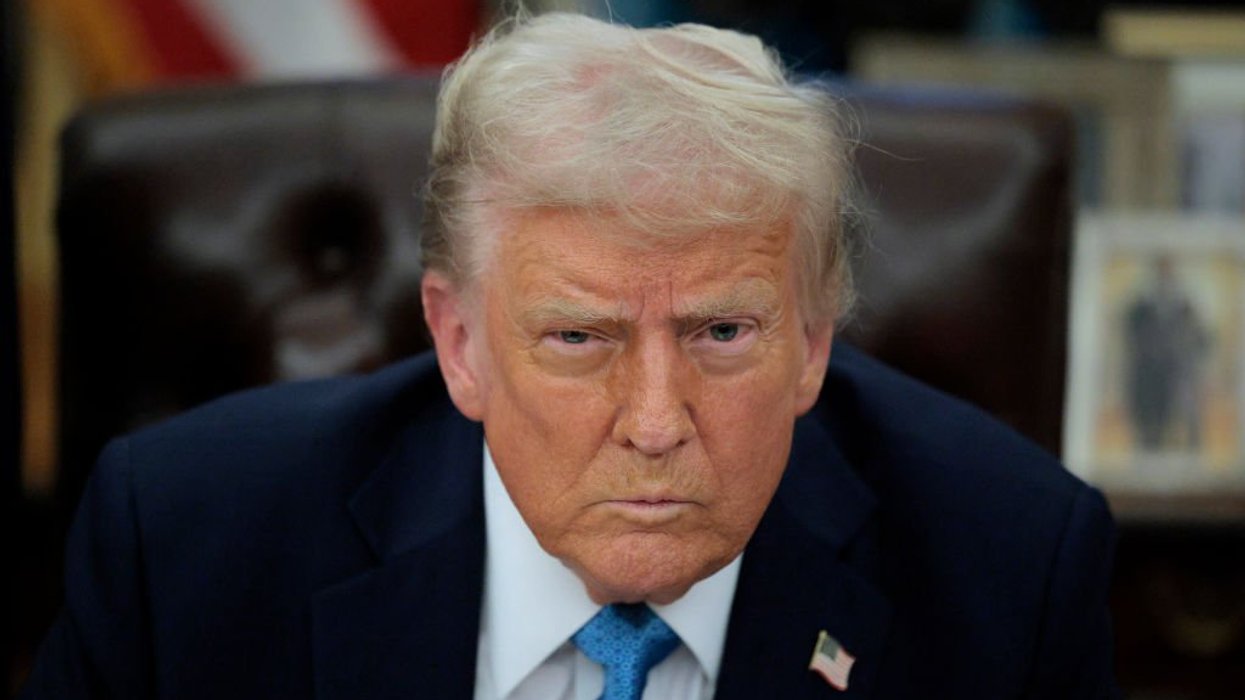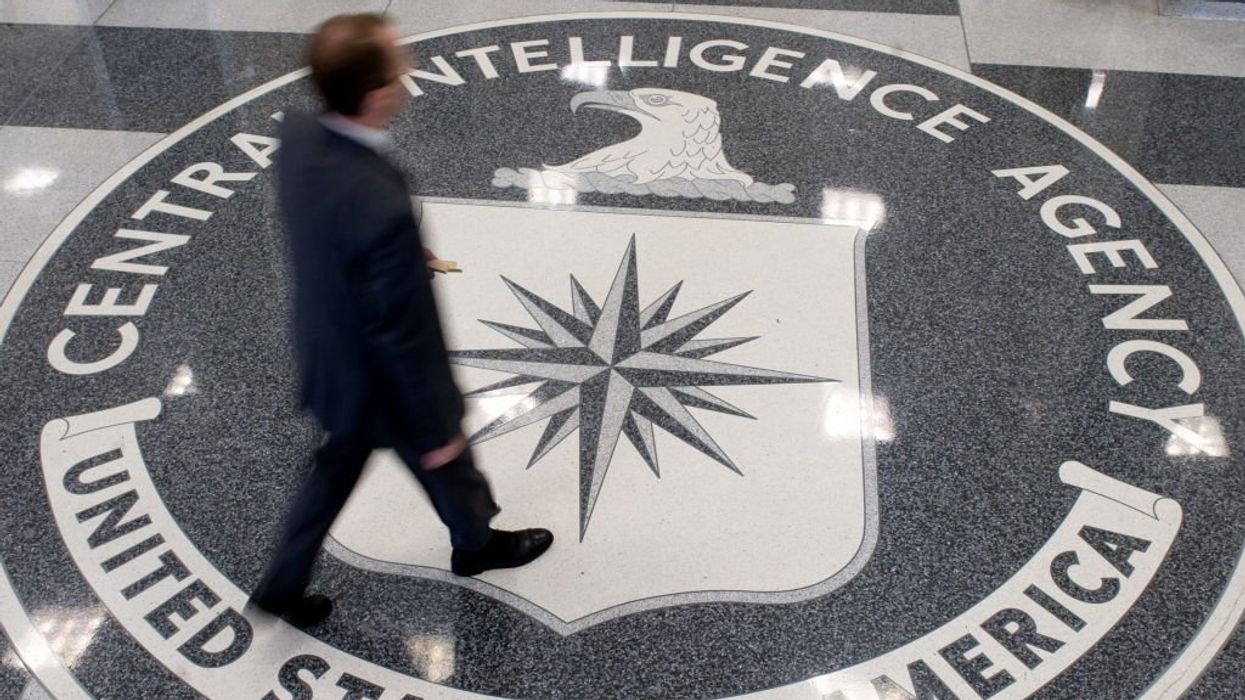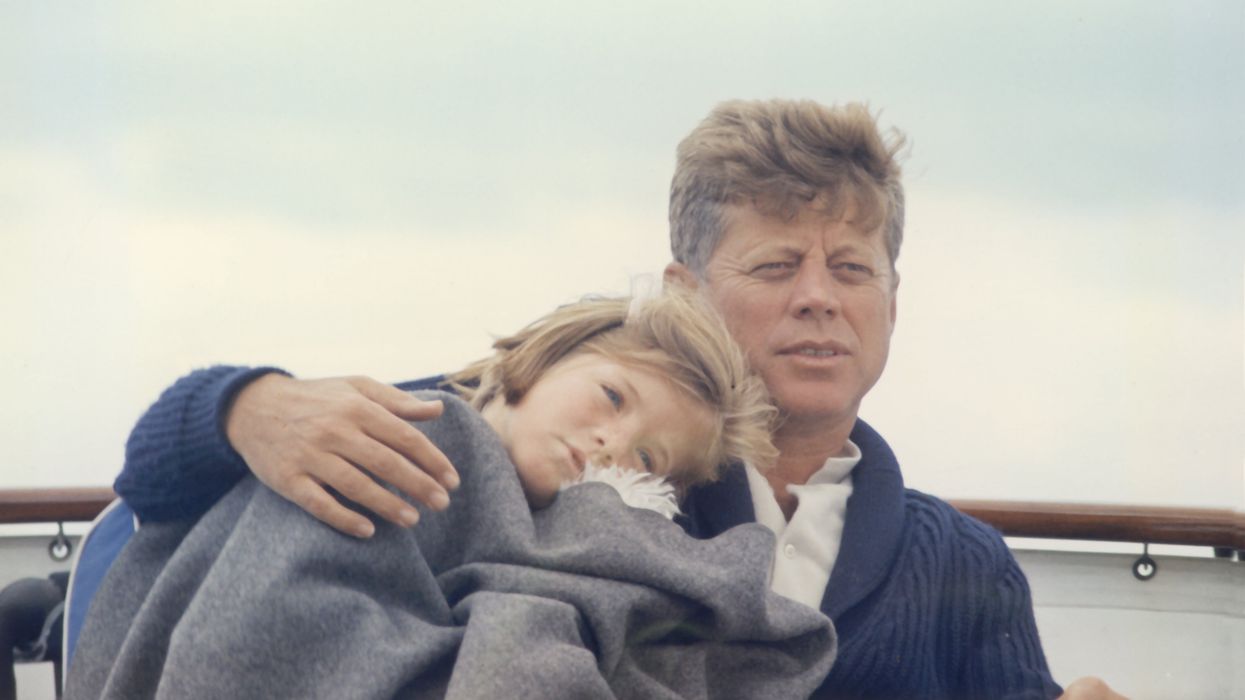As we near the end of November, the excitement and preparations for Thanksgiving are kicking into high gear. Who doesn't enjoy sitting down around the table with loved ones and indulging in turkey, stuffing, gravy and green beans? It's the perfect time to express gratitude, engage in culinary traditions, and share new memories with family and friends alike.
However, beyond gratitude and familial bonding, there's a lot more to be learned from the history behind Thanksgiving. You may be thinking, "I already learned about the Pilgrims, Mayflower and Native Americans in elementary school—why should I revisit this particular lesson in history?"
If you understand the importance of preparedness, the story of Thanksgiving is a great example of what to do (and not do) when it comes to survival lessons in tough conditions. Consider for a moment that most of the Pilgrims, the first settlers of Plymouth Colony in Massachusetts, were city folk. They showed up in the New World extremely unprepared for what was to come. In fact, due to a brutal winter, disease and a rough crossing of the Atlantic, only half of the Mayflower's102 passengers survived the first winter in the United States.
Squanto, a member of a local indigenous Wampanoag confederation, had previously been kidnapped by an English sea captain and sold into slavery before escaping to London and returning to his homeland on an exploratory expedition. Because he spoke English, he was a key ally for the Pilgrims. If it hadn't been for Native Americans like Squanto imparting lessons for survival in their new land, the Plymouth Rock Pilgrims wouldn't have survived and flourished in the way they did.
As Dick Ropp, the chairman of the French Creek Living History Association puts it, "It's well documented that the first Europeans who settled in the New World could not have made it through the first few winters without the assistance and knowledge of American Indians."
Let's take it back to 1621 and cover four key survival lessons that the Native Americans taught the Pilgrims regarding how to prepare for the winter season, colder temperatures, etc.
#1 Exchanging Resources
An "every man for himself" mindset didn't do Pilgrims much good in those days. Arriving unprepared for the cold winter meant they lacked the resources and knowledge for survival—and the consequences were fatal.
One of the things that Squanto did for the Pilgrims was arrange meetings and broker alliances with surrounding Native American tribes. This allowed the Pilgrims to engage in a trading system with the local tribes, exchanging European-manufactured goods such as guns, metal cooking utensils, and cloth for food and other necessary supplies.
This barter and trade system was beneficial for both sides. The Wampanoags were looking to build up their strength against rival tribes such as the Pequot and Narragansett—and needed the weapons and resources to do so.
#2 Using Multipurpose Items
In addition to sharing resources, the Pilgrims learned to be resourceful and find various uses for the same item. As the story goes, the Pilgrims were originally going to take two boats over to America. But, due to an issue with one of the boats, they had to quickly retrofit the Mayflower for passengers. Unfortunately, this meant they were forced to leave a lot of their cargo and supplies behind.
Because they were limited on supplies upon arrival to America, they were forced to be inventive. For example, they used a printing press to undergird a beam in the Mayflower, when rough seas caused it to crack. And because there weren't initially enough homes built on the land to house everyone through the winter, some families lived aboard the Mayflower while preparing additional houses on the shore.
Their houses on the shore were constructed from whatever resources could be found—for example, the wood from trees in surrounding forests.
#3 Planting Life-Sustaining Crops
Many Pilgrims perished during their first winter due to poor nutrition and lack of knowledge of how to grow their own food. The local Native American tribes that had lived in the area for over 10,000 years, such as the Wampanoag and Pokanokets, understood the native crops and knew how to cultivate and harvest them. Once a connection was established with these tribes, the Pilgrims were able to gain important survival lessons when it came to growing crops in the local area. Life-sustaining crops such as corn were commonplace and kept people healthy and strong during the winter months. It's no wonder cornbread has become a staple Thanksgiving feast food!
Pilgrim house-gardens likely included crops such as onions, leeks, sorrel, yarrow, lettuce, carrots, radishes, currants, liverwort, watercress and others. Additionally, the Pilgrims learned how to extract sap from maple trees and gather ground nuts, acorns, walnuts, chestnuts, squashes, beans, fruits and berries.
The Native Americans also taught them what not to eat—such as which plants were poisonous and couldn't be ingested. The Pilgrims probably wished they had some Wild Edible Playing Cards available back then!
Understanding how to plant and harvest your own life-sustaining crops, whether they be in your garden, on your roof (maybe an Urban Garden), or in your house, is a worthwhile survival lesson to begin practicing now.
#4 Hunting and Fishing
Aside from growing produce, the Pilgrims also learned where and how to fish and hunt from the local Native American tribes. Understanding trapping techniques and animal movement patterns is key in knowing how to hunt successfully—and the Native Americans had been doing this for centuries.
According to an account recorded by Pilgrim Edward Winslow, people hunted deer, fowl and wild turkeys—which they stored and served at the first Thanksgiving feast.
They also learned to catch fish such as cod and bass and other seafood such as clams, mussels, lobster and eel. These foods provided important nutrients and nourishment needed to get the Pilgrims through the harsh winter conditions.
Thanks to the lessons in survival from the Native Americans, the Pilgrims of Plymouth Rock went on to defeat the odds and establish the second successful English colony in the Americas.
Even though you may not be a pilgrim setting out to create a colony, there are certain situations in life that call for the application of these key survival lessons. Taking the time to learn them now will mean the difference between struggling and coasting through difficult times.
Happy Thanksgiving!


